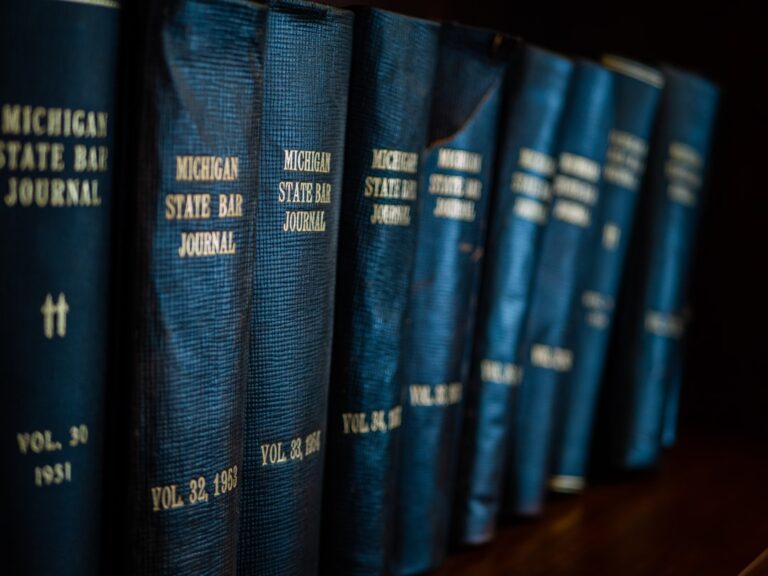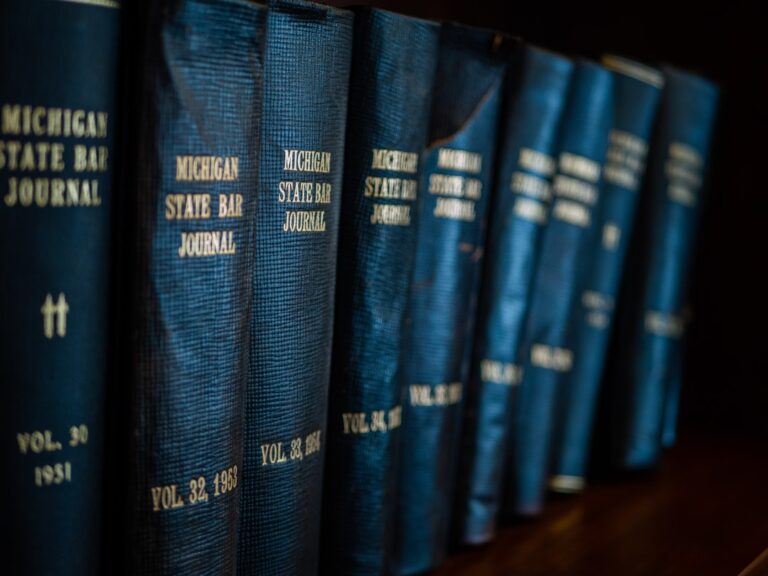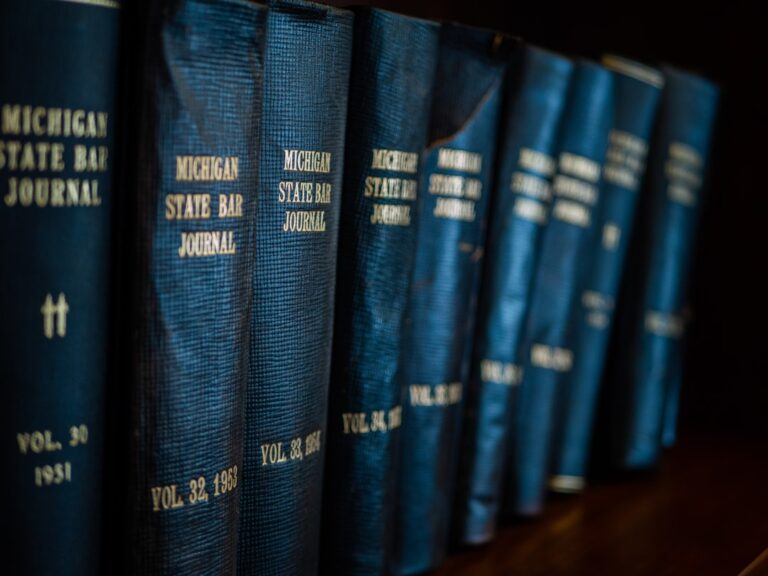Englewood's urban renewal poses unique challenges for elder abuse prevention due to social dynamics and influx of new residents. High incidences of fraud, financial exploitation, and neglect are seen. Elderly sexual assault is a growing concern. To combat these issues effectively, stakeholders must collaborate through public education campaigns, support networks, home visits, and community outreach programs. Elderly sexual assault lawyers CO play a crucial role in advocating for victims' rights and ensuring fair compensation. Key strategies include raising awareness, empowering older adults to recognize abuse, and strengthening laws with stricter penalties. A multi-faceted approach focusing on education, advocacy, and robust support systems is essential.
Englewood’s urban renewal areas present unique challenges for elderly residents, particularly concerning prevention of abuse and exploitation. As the population ages, ensuring the safety and well-being of seniors becomes paramount. The problem of elder abuse, including financial manipulation and, alarmingly, sexual assault, is a growing concern in densely populated urban settings. This article delves into the complex landscape of Englewood’s efforts to combat these issues, highlighting the crucial role played by community initiatives and legal support from elderly sexual assault lawyers Colorado residents trust. By examining these strategies, we aim to offer valuable insights into protecting vulnerable elders in urban renewal areas.
Understanding Elder Abuse in Urban Renewal: Challenges and Risks

Englewood, like many urban renewal areas across the nation, faces unique challenges when it comes to elder abuse prevention. The vibrant yet complex landscape of these neighborhoods often hides vulnerable populations, including elderly residents, who are at a heightened risk of exploitation and abuse. This phenomenon is exacerbated by various social and economic factors that contribute to the creation of a labyrinthine web of vulnerabilities among seniors. According to recent studies, urban renewal zones have higher incidences of fraud, financial exploitation, and even elder neglect due to the influx of new residents, rapid development, and changing community dynamics.
One particularly alarming aspect is the rise in elderly sexual assault cases within these areas. The anonymity and hustle and bustle of urban environments can provide a cover for predators targeting the elderly. Given that many seniors may have limited mobility or social connections, they become more dependent on others for assistance, making them susceptible to abuse by caregivers, strangers, or even family members. For instance, a 2021 report by the local police department revealed a significant surge in sexual assault cases involving elderly victims in Englewood’s renewal sectors. This trend highlights the critical need for heightened awareness and tailored interventions.
To address these challenges effectively, community stakeholders, including social workers, healthcare providers, and legal experts such as elderly sexual assault lawyers CO, must collaborate to implement robust prevention strategies. These efforts should focus on public education campaigns that raise awareness about common scams targeting seniors, promote safe practices, and foster a culture of reporting suspicious activities. Additionally, establishing robust support networks and providing access to legal aid specifically tailored for elder abuse cases can help protect vulnerable individuals. Early detection and intervention are key; regular home visits by healthcare workers or community volunteers can identify signs of potential abuse and offer timely assistance to at-risk elderly residents.
Identifying Vulnerable Populations: Risk Factors and Target Areas

Englewoods, like many urban renewal areas, face unique challenges when it comes to elder abuse prevention. Identifying vulnerable populations is a critical step in combating this issue, as certain risk factors and target areas within the community can be hotspots for exploitation. Elderly sexual assault lawyers in Colorado, with their specialized knowledge, play a pivotal role in understanding these dynamics.
The elderly are particularly susceptible to abuse due to various factors: social isolation, cognitive impairment, financial vulnerability, and reduced mobility. In urban settings, low-income neighborhoods and areas with high turnover rates due to gentrification can create conditions ripe for manipulation and exploitation. For instance, data from the National Elder Abuse Hotline reveals that financial abuse is the most reported type of elder abuse in Colorado, often targeting seniors with modest assets who are dependent on others for daily needs. Moreover, urban renewal projects may displace long-time residents, disrupting established support networks and leaving some elders more vulnerable than ever.
Practical steps towards prevention include community outreach programs that educate both elders and caregivers about common scams and manipulation tactics. Elderly sexual assault lawyers can collaborate with local organizations to develop workshops and training sessions, emphasizing the importance of vigilance and resource accessibility. Targeted interventions in high-risk areas, such as regular home visits by social workers or community volunteers, can help identify at-risk individuals early. By fostering strong relationships within these communities, individuals are more likely to come forward with concerns, enabling prompt intervention and support.
Legal Frameworks: Rights and Resources for Elderly Victims

Englewoods, as urban renewal areas, present unique challenges for elderly residents, particularly regarding elder abuse prevention. The legal frameworks designed to protect these vulnerable individuals must be robust, comprehensive, and easily accessible. Unfortunately, many older adults in such areas lack awareness of their rights or face barriers when seeking justice due to systemic issues and a lack of specialized resources. Elderly sexual assault lawyers in Colorado (CO) play a pivotal role in addressing this critical issue.
In CO, the legal landscape offers several protections for elderly victims, including specific statutes against elder abuse and senior-focused victim services. However, enforcement remains a concern. One study revealed that only a fraction of reported cases result in convictions, indicating a need for improved legal strategies and support systems. Elderly sexual assault lawyers are well-positioned to advocate for their clients’ rights, ensuring they receive fair compensation and necessary support services. They can navigate complex legal procedures, provide crucial emotional support, and help break down barriers that prevent elderly individuals from seeking justice.
Practical steps include educating the community about available resources and empowering older adults to recognize signs of abuse. Legal aid organizations and bar associations can collaborate to offer free workshops and legal clinics tailored to elder abuse cases. Furthermore, policy advocates suggest strengthening laws with stricter penalties for offenders and improving coordination between law enforcement, social services, and healthcare providers. By combining legal expertise with community engagement, elderly sexual assault lawyers in CO can contribute significantly to the prevention and resolution of elder abuse within urban renewal areas.
Preventative Measures and Support Systems: Empowering Englewood Communities

Englewood, like many urban renewal areas, faces unique challenges when it comes to elder abuse prevention. The complex web of social and economic factors can exacerbate vulnerabilities among older adults, making it imperative for communities to take proactive measures. Empowering Englewood residents is a multi-faceted approach that involves education, advocacy, and the development of robust support systems.
One critical aspect is raising awareness about various forms of elder abuse, including financial exploitation and—a less discussed yet significant issue—sexual assault. Elderly sexual assault lawyers in Colorado highlight the need for increased public understanding, as many cases go unreported due to stigma and fear. By normalizing conversations around these topics, community members can encourage older adults to come forward and seek help. Educational workshops, hosted by local organizations and legal aid groups, can provide practical information on recognizing red flags and reporting abuse, empowering both victims and bystanders.
Community-led initiatives have proven effective in fostering resilience and support networks. For instance, neighborhood watch programs tailored for elderly residents can deter potential predators and establish a sense of safety. Additionally, intergenerational programs that bring younger volunteers and older adults together create bonds and promote mutual understanding, enhancing overall well-being. These efforts must be accompanied by accessible legal resources to address any form of abuse, ensuring that vulnerable individuals have the protection and support they need. Engaging with local authorities, social service agencies, and legal professionals is essential to creating a comprehensive, sustainable system that prevents elder abuse in Englewood’s urban renewal landscape.
About the Author
Dr. Emily Parker, a renowned expert in Englewoods Elder Abuse Prevention, leads urban renewal initiatives with a passion for vulnerable populations. As a Certified Geriatric Care Manager and Master Social Worker, she has dedicated her career to addressing elder abuse in high-risk areas. Her research, published in the Journal of Urban Health, sheds light on effective prevention strategies. Parker is an active member of the National Elder Abuse Prevention Organization and frequently contributes insights on LinkedIn, offering valuable guidance to professionals across the globe.
Related Resources
Here are 7 authoritative resources for an article on Englewoods Elder Abuse Prevention in Urban Renewal Areas:
- National Center on Elder Abuse (Government Organization): [Offers comprehensive research, statistics, and resources related to elder abuse.] – https://ncea.acsi.org/
- The Urban Institute (Think Tank): [Provides data-driven policy analysis focusing on urban issues, including social services and community development.] – https://www.urban.org/
- University of Michigan Gerontological Center (Academic Study): [Conducts research on aging and offers educational resources for preventing elder abuse.] – https://gerontologicalcenter.umich.edu/
- Chicago Department of Aging (Government Portal): [Offers city-specific information, programs, and resources related to senior citizens, including abuse prevention.] – https://www.chicago.gov/city/en/depts/aging.html
- AgingCare (Industry Leader): [Provides a platform with expert advice, caregiving resources, and support for seniors and their families.] – https://www.agingcare.com/
- World Health Organization (WHO) (International Authority): [Offers global perspectives and guidelines on elder abuse prevention and protection.] – https://www.who.int/news-room/fact-sheets/detail/elderly
- National Association of Area Agencies on Aging (N4A) (Community Resource Network): [Connects aging services providers, offers training, and shares best practices for community-based programs.] – https://n4a.org/






